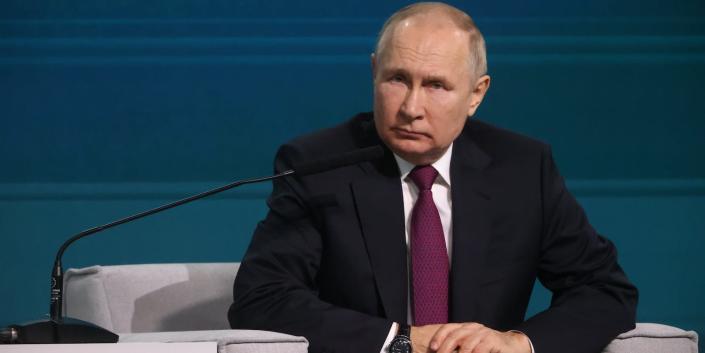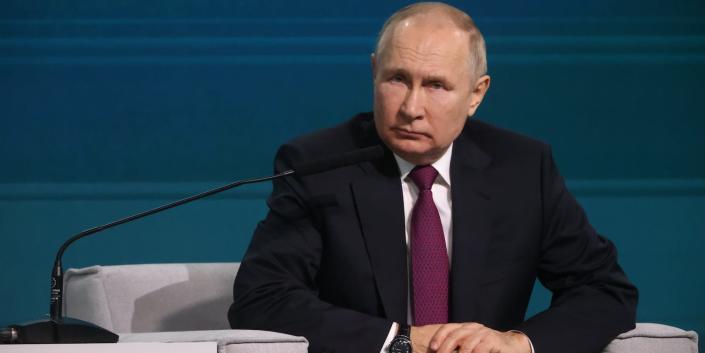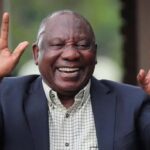
-
Putin had initially been kept in the dark about Russia’s failures in Ukraine, earlier reports said.
-
But the US director of national intelligence said Saturday that he was “becoming more informed.”
-
Avril Haines said Putin was “surprised” but not deterred by Russia’s military performance.
Russian President Vladimir Putin is increasingly aware of how poorly his military is doing in Ukraine, Avril Haines, the US national intelligence director, said Saturday.
Speaking at the Reagan National Defense Forum in Simi Valley, California, Haines said Putin was “surprised” at his military’s disappointing performance in Ukraine following its invasion in February.
“I do think he is becoming more informed of the challenges that the military faces in Russia,” Haines said, according to NBC News. “But it’s still not clear to us that he has a full picture at this stage of just how challenged they are.”
Haines’ comments came after reports said Putin’s military advisors had been shielding him from what was happening on the ground in Ukraine.
In March — one month after Putin launched a full-scale invasion of Ukraine — a US intelligence official told reporters that they believed Putin “is being misinformed by his advisors about how badly the Russian military is performing and how the Russian economy is being crippled by sanctions because his senior advisors are too afraid to tell him the truth.”
In September, The New York Times reported, Putin was playing a more active role in the war in Ukraine, becoming more hands-on with his commanders.
Haines said Saturday that Putin’s political objectives to capture Ukraine had not changed despite him becoming more aware of Russia’s military failures.
She said it’s unclear whether he would accept scaled-back military ambitions, adding: “I think our analysts would say he may be willing to do that on a temporary basis with the idea that he might then come back at this issue at a later time.”
Russia continues to experience battlefield setbacks. In the past few months, Putin’s troops have been forced to retreat from the Kharkiv region, from Kherson, and from parts of the Russian-occupied Donbas region.
Read the original article on Business Insider




